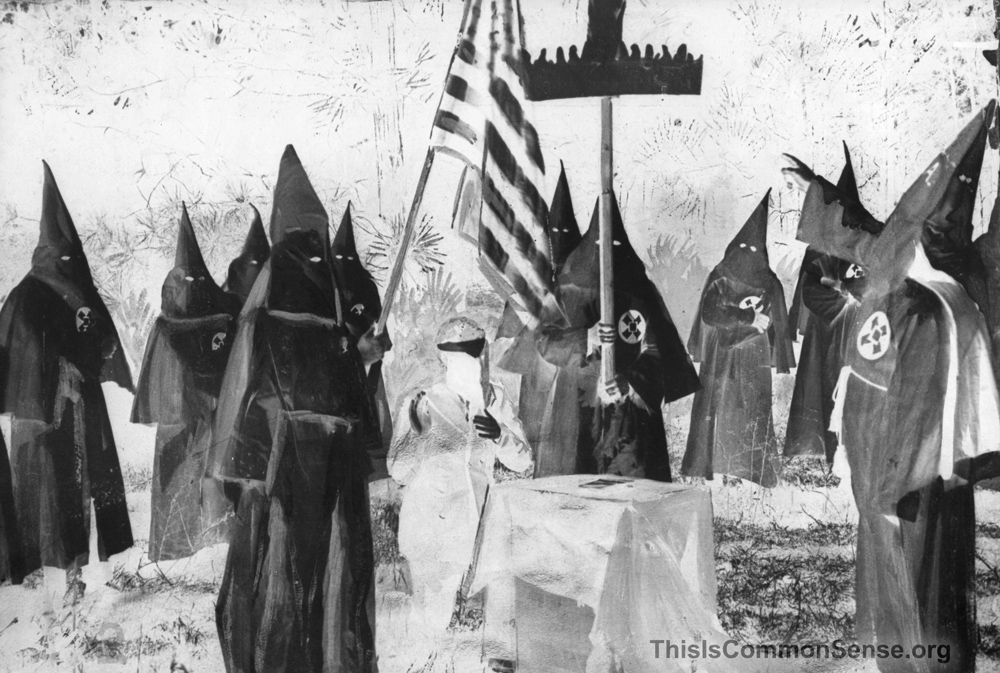An anonymous author at Quillette reports a 2017 conversation between the author, a professor, and a student, Daniel. Daniel had carefully analyzed abundant evidence of race-based “affirmative action” policies at their university and the destructiveness of those policies.
The author says he stressed that “it would be unwise for Daniel to launch a campaign against the admissions committee,” no matter how solid the data.
Bury the findings, was his advice. The campaign would fail and “probably” do no long-run good. (Implying that bad cultural trends are not even partly reversible, or at least “probably” aren’t; ergo, good men, do nothing.)
Also, publishing “would probably end up hurting him rather than helping him.”
Suppose a scholar like Thomas Sowell, who has compiled massive evidence contradicting the assumption that racism or the legacy of slavery “explains” all economic patterns and disparate outcomes, had followed such vicious advice when starting out?
“Don’t do it! Don’t report your research and conclusions, Mr. Sowell! You’ll never advance by pursuing the truth! Just go along to get along. Like me.”
According to the professor, Daniel was not entirely consistent in his indictment of quotas. The professor could have encouraged him to be more consistent. Instead, he encouraged him to give up.
Our quisling Quillette academic could have told Daniel: “You’re right, and I can help you to strengthen your argument. Why don’t we co-author something about this so that you won’t have to deal with the flak alone?”
Did the possibility even occur to him?
What an education.
This is Common Sense. I’m Paul Jacob.
See all recent commentary
(simplified and organized)
See recent popular posts



